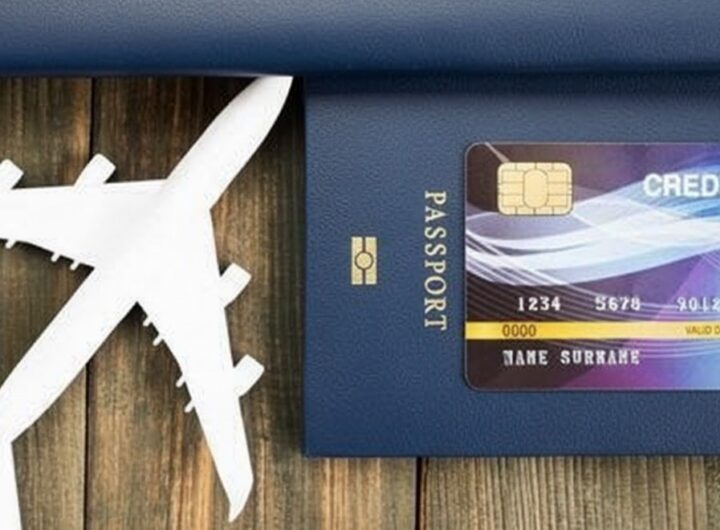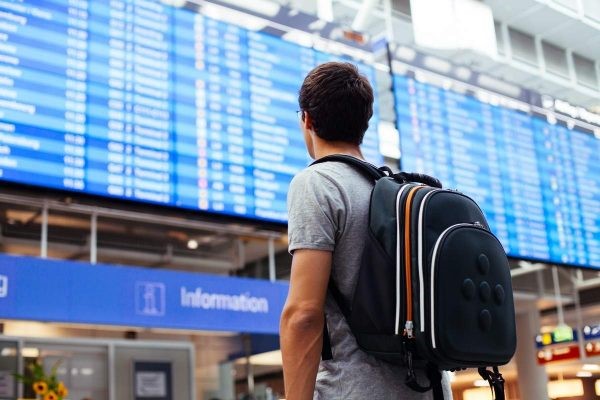
The body also suggests using a digital health credential, such as the European Digital Covid Certificate, to record health status.
The International Air Transport Association has urged governments to make air travel more accessible, claiming that complex regulations have created a “barrier to global mobility.”
The organisation has released a policy paper titled From Restart to Recovery: A Blueprint for Simplifying Travel, in which it urges governments to “safely and efficiently manage the ramping-up of international travel” by focusing on three key areas: simplified health protocols, digital solutions to process health credentials, and Covid-19 measures proportionate to risk levels with a continuous review process.
“In the next months, we must shift our focus from individual border openings to the restoration of a global air transport network capable of reconnecting people and facilitating economic revival.”
“Based on over 20 months of pandemic operational experience and travelling feedback, we know that a laser focus on simplicity, predictability, and practicality is critical.” That is no longer the case. Governments all across the world have enacted over 100,000 COVID-19-related actions. This complication is a barrier to global mobility, which is amplified by the inconsistencies caused by these policies among governments.”
Recommendations include removing all travel barriers (including quarantine and testing) for fully vaccinated individuals and allowing non-vaccinated travellers with a negative pre-departure antigen test result to travel without quarantine.
The body also suggests using a digital health credential, such as the European Digital Covid Certificate, to record health status, implementing a digital web portal or application through which passengers can present their travel health credentials directly to the respective governments for verification, and developing a web platform to provide clear explanations of entry requirements tailored to the individual passenger.
Finally, the body recommends that Covid-19 measures be reviewed and adjusted regularly to reflect “changing risk levels and public tolerance.” It suggests that risk assessments used to determine international travel decisions be made public and that a roadmap for restoring aviation connections in the post-pandemic world be developed.
“Travel is crucial,” an IATA official said. Before the pandemic, around 88 million people relied on aviation for a living. And the inability of billions of people to move freely by air has influenced their quality of life. We know that the installation of the COVID-19 safety measures has given travellers confidence. However, they have explicitly stated that the current travel experience must be improved with greater information, more straightforward procedures, and digital solutions.”
The International Air Transport Association (IATA) recently announced the findings of a study, which revealed that travellers were confident that the virus’s risks could be successfully managed and that the freedom to fly should be restored.
 Aussies Are Jet-Setting for Free: How Frequent Flyer Points Saved Travellers $1,140 on Average Last Year
Aussies Are Jet-Setting for Free: How Frequent Flyer Points Saved Travellers $1,140 on Average Last Year  Travel Tops Aussies’ 2026 Savings Goals – And That Says A Lot About Us
Travel Tops Aussies’ 2026 Savings Goals – And That Says A Lot About Us  Chasing the Sun: Europe’s Best Autumn Escapes for Australians
Chasing the Sun: Europe’s Best Autumn Escapes for Australians  Two Holidays in One: Why Hong Kong is the Perfect Stopover
Two Holidays in One: Why Hong Kong is the Perfect Stopover  The AI Revolution in Travel: Transforming Journeys and Experiences
The AI Revolution in Travel: Transforming Journeys and Experiences  Experiencing Tokyo Beyond the Crowds
Experiencing Tokyo Beyond the Crowds  AmaWaterways Launches Fresh Brand Identity, Encouraging River Cruisers to ‘Follow Their Own Current’
AmaWaterways Launches Fresh Brand Identity, Encouraging River Cruisers to ‘Follow Their Own Current’  Marriott Bonvoy Launches Global Promotion Offering Bonus Points and Elite Night Credits Across 30+ Brands
Marriott Bonvoy Launches Global Promotion Offering Bonus Points and Elite Night Credits Across 30+ Brands  MSC Cruises to Stream 2026 Global Soccer Tournament Live Across Its Entire Fleet This Summer
MSC Cruises to Stream 2026 Global Soccer Tournament Live Across Its Entire Fleet This Summer  Five Reasons to Visit Kamalaya Now: Inside the Next Era of Thailand’s Legendary Wellness Sanctuary
Five Reasons to Visit Kamalaya Now: Inside the Next Era of Thailand’s Legendary Wellness Sanctuary 